
Sign up for our newsletter
The Read & Co. Newsletter will bring you our latest books, blogs, facts and of course news.
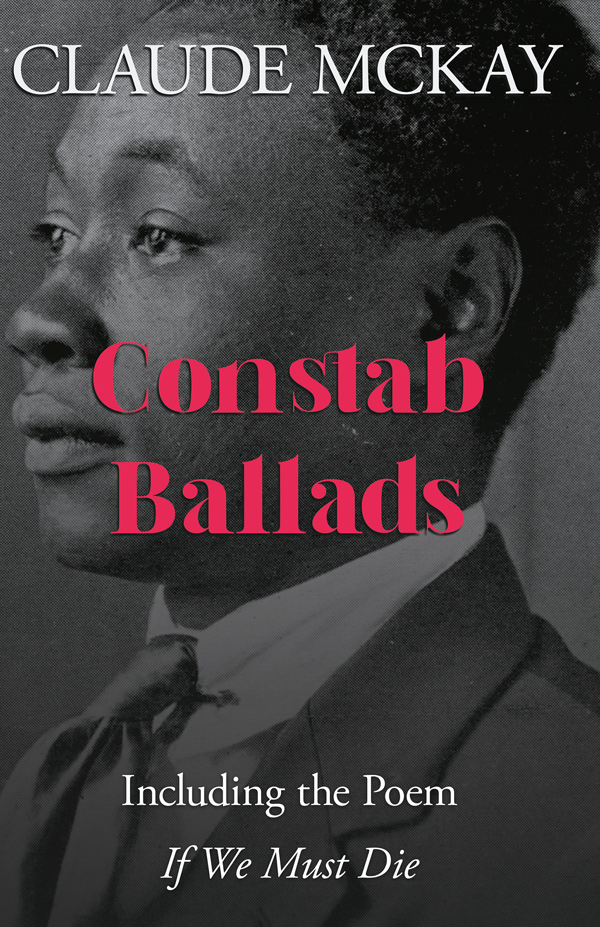



| Author |
Claude McKay |
|---|---|
| Imprint |
Ragged Hand - Read & Co. |
| Categories |
African American Poetry Ethnic & Multicultural Studies History Poetry Poetry & Drama Slavery & Abolition of Slavery Social & Cultural History Social Groups Society & Culture Society & Social Sciences |
| ISBN | 9781409701101, 9781528793070 |
| Formats Available | |
| Pages | 96 |
| Publication Date | 19 May 2008 |
| Dimensions | 5.5 × 8.5 in |

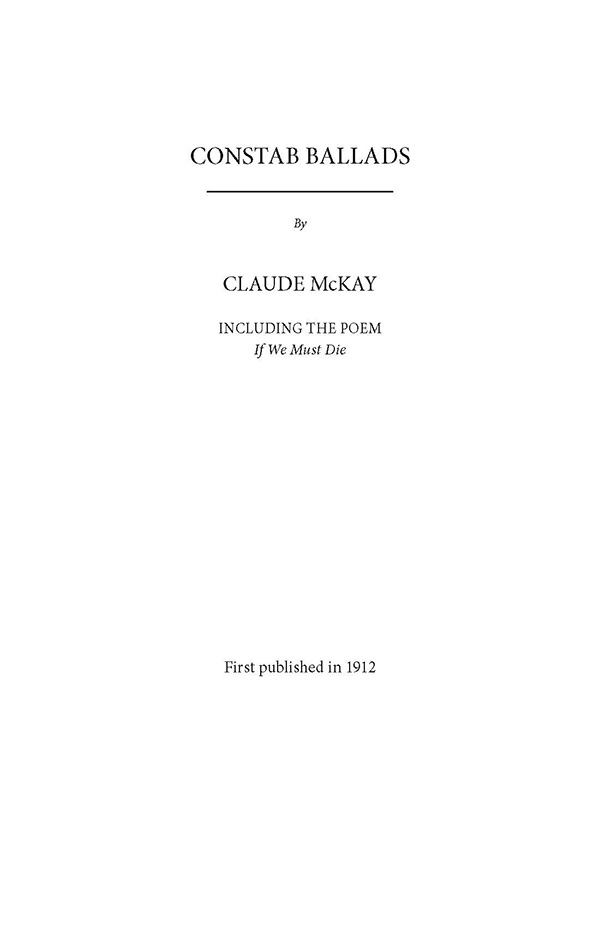
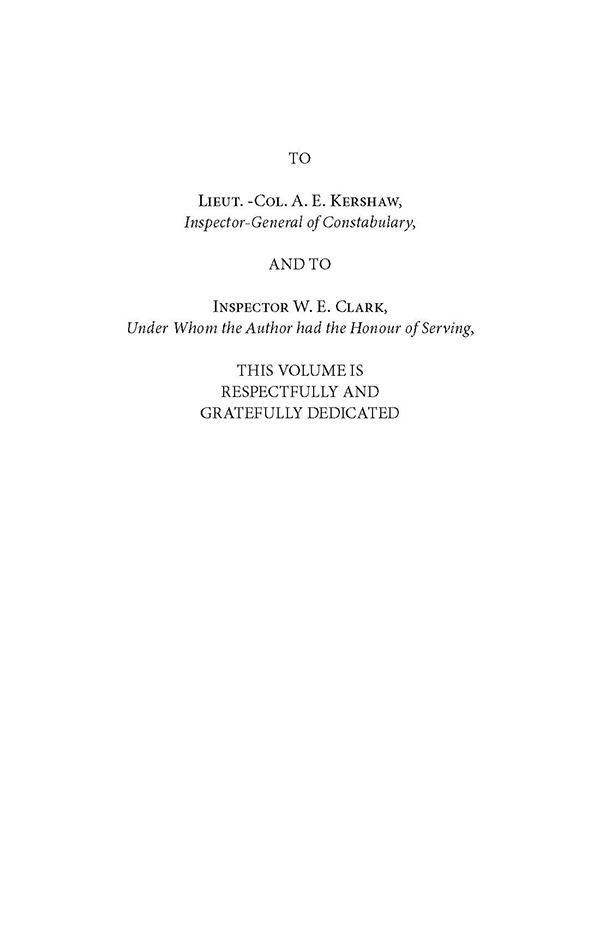
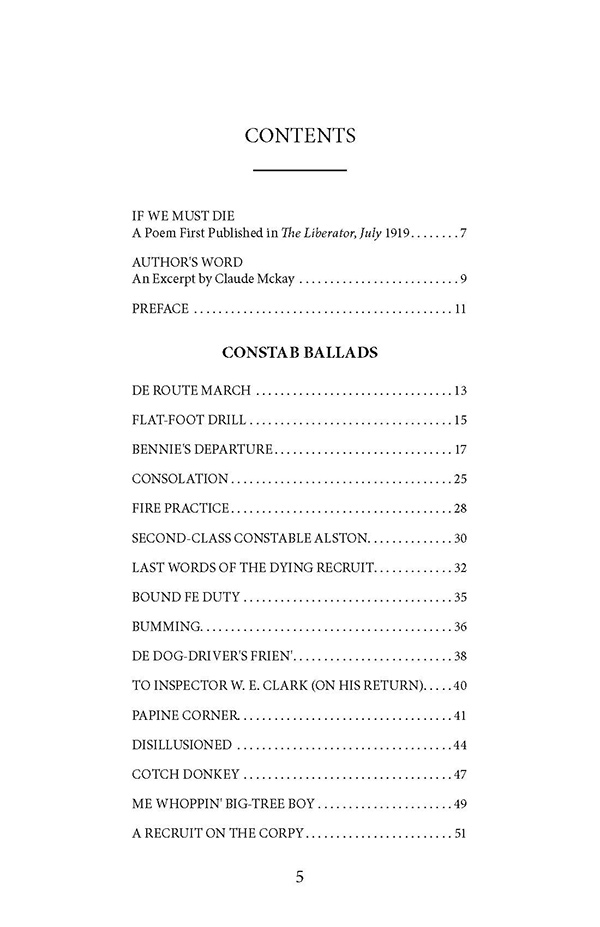
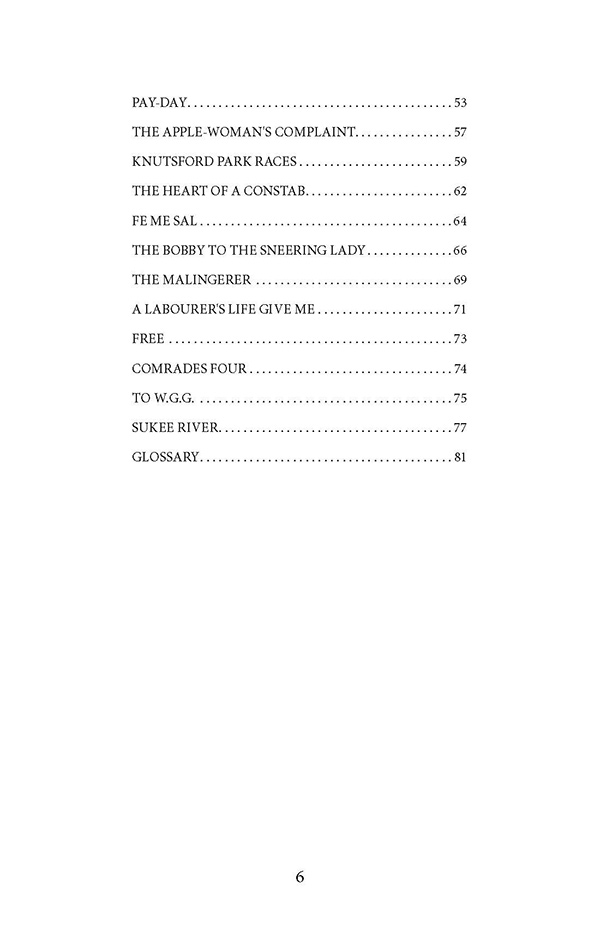
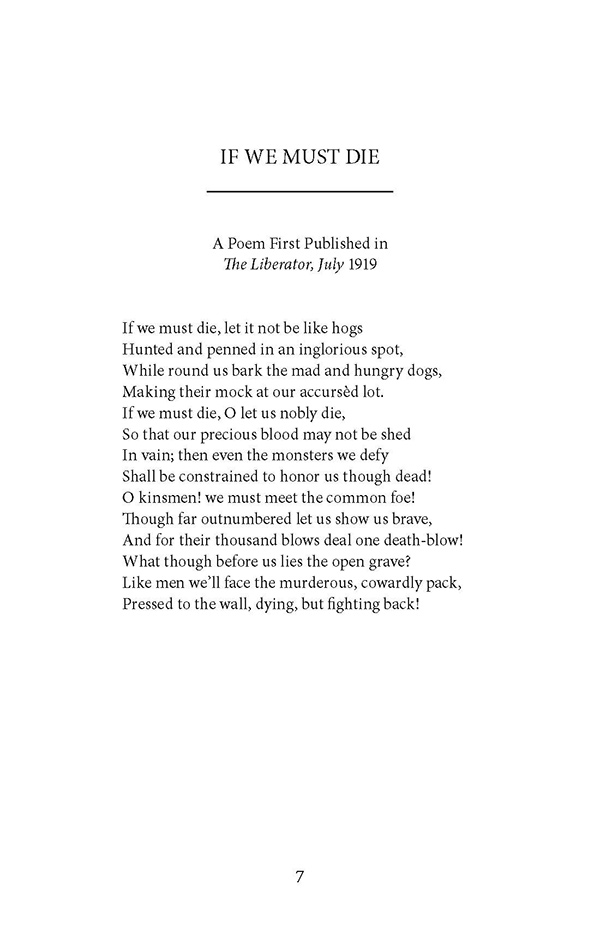
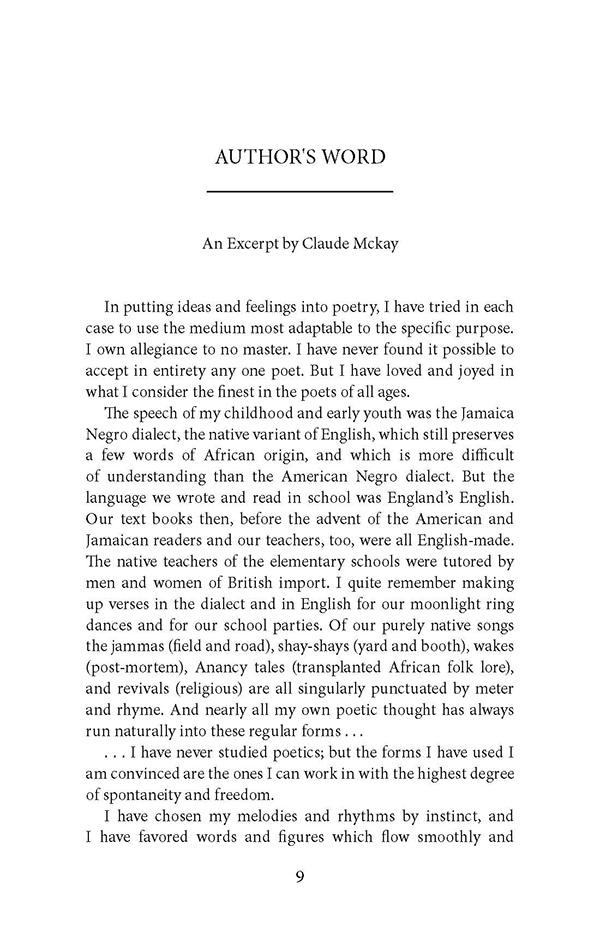
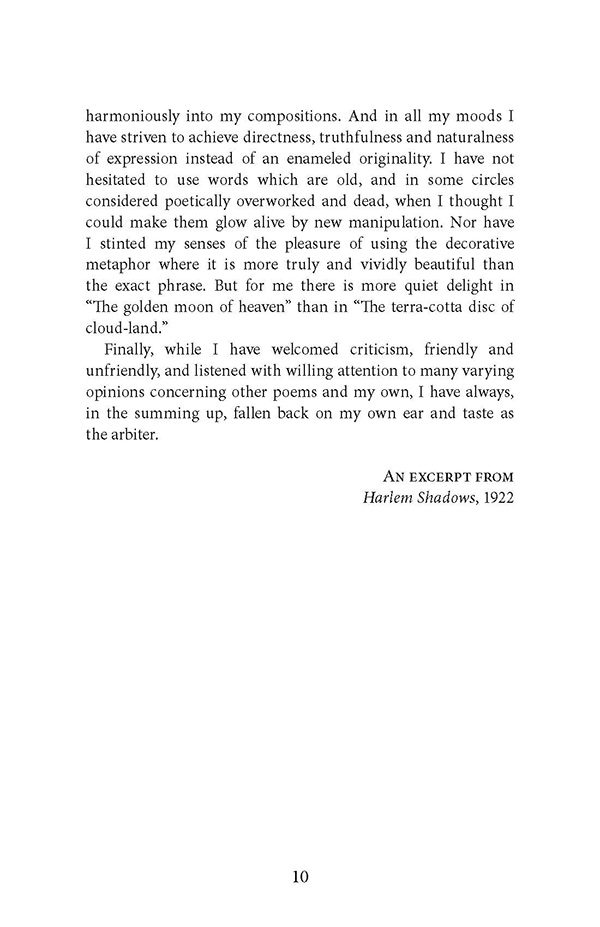
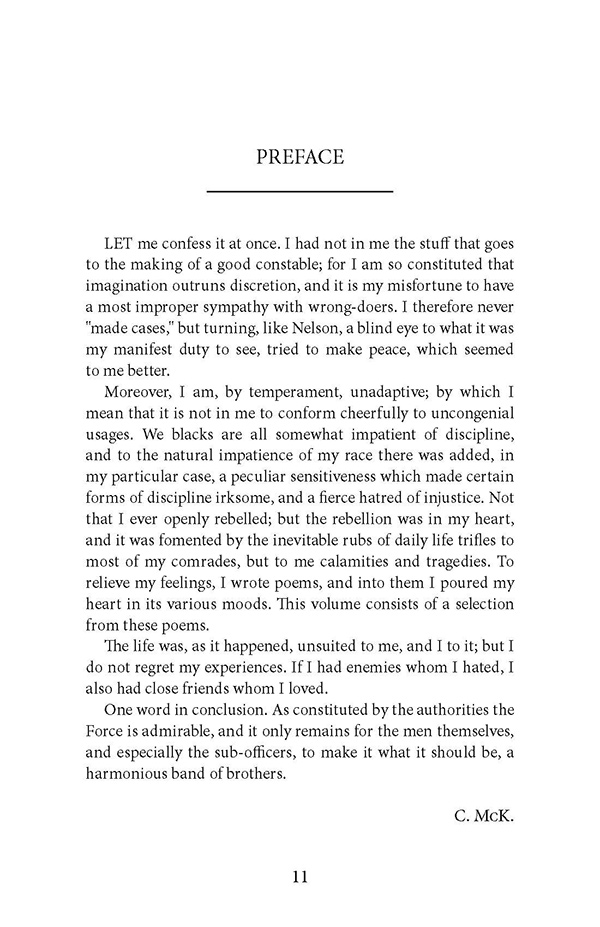
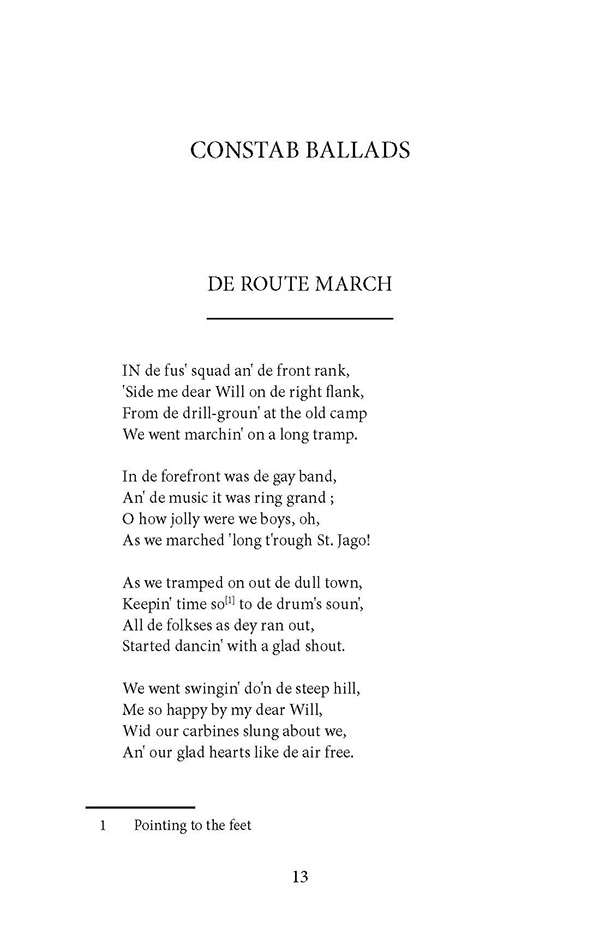
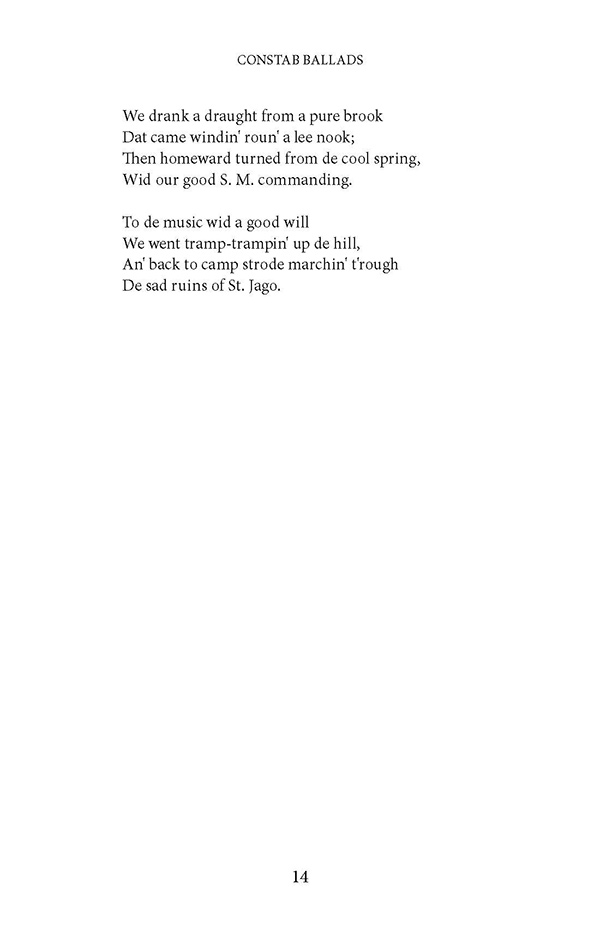
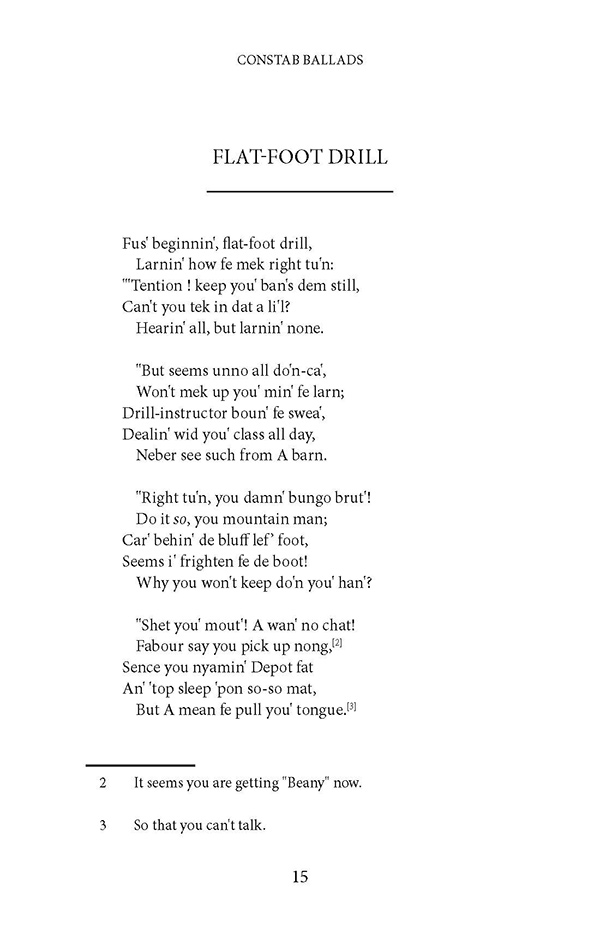
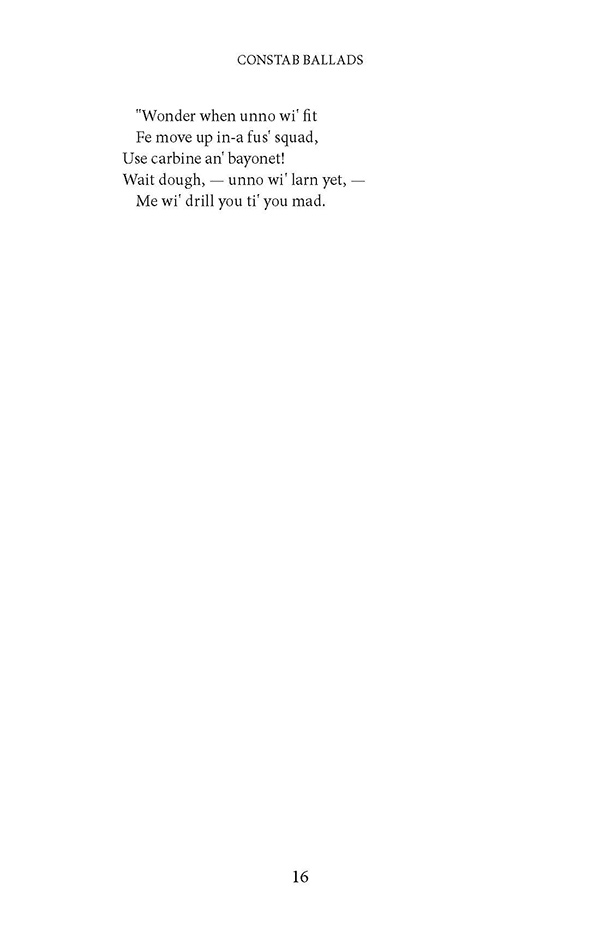



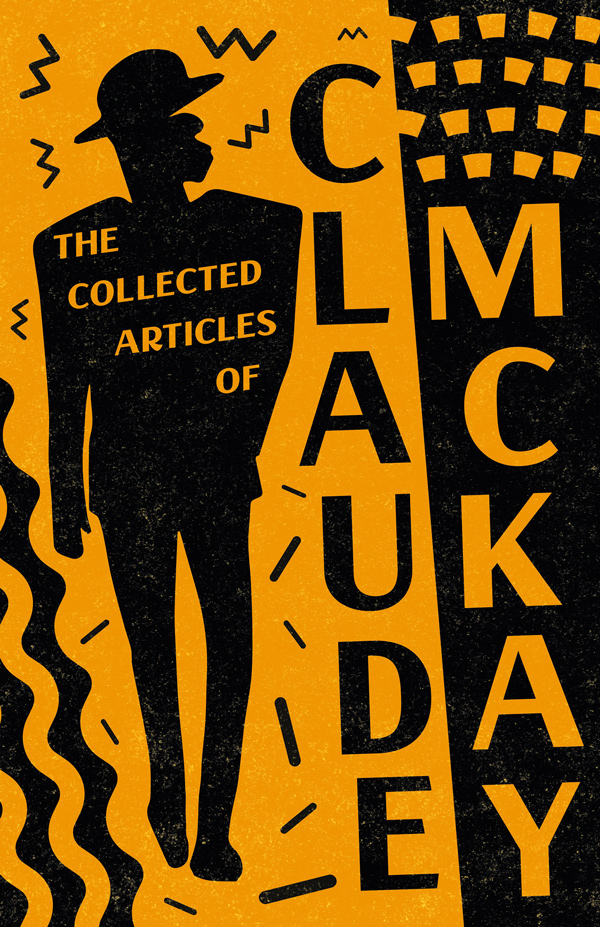
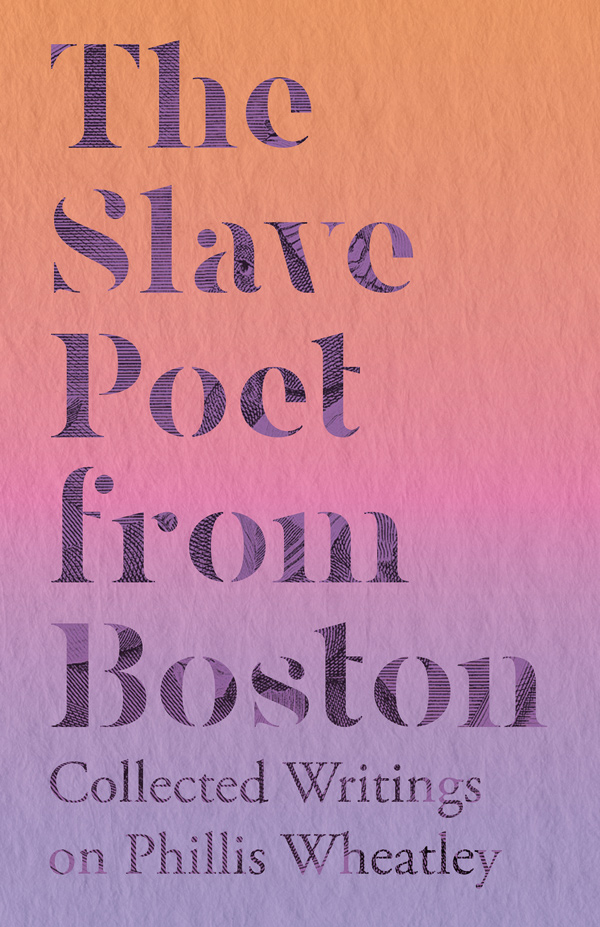
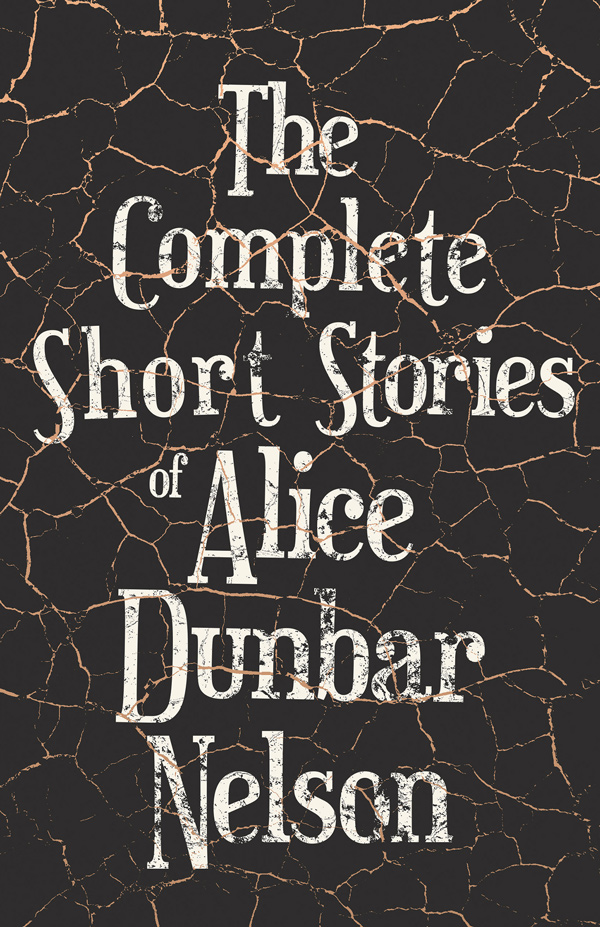
A classic poetry collection with the main focus based on the police force of McKay’s time, including his famous poem “If We Must Die”.
£3.99 – £8.99
| Author |
Claude McKay |
|---|---|
| Imprint |
Ragged Hand - Read & Co. |
| Categories |
African American Poetry Ethnic & Multicultural Studies History Poetry Poetry & Drama Slavery & Abolition of Slavery Social & Cultural History Social Groups Society & Culture Society & Social Sciences |
| ISBN | 9781409701101, 9781528793070 |
| Formats Available | |
| Pages | 96 |
| Publication Date | 19 May 2008 |
| Dimensions | 5.5 × 8.5 in |
First published in 1912, “Constab Ballads” is a classic poetry collection with the main focus based on the police force of McKay’s time, including his famous poem “If We Must Die”. Festus Claudius “Claude” McKay OJ (1890–1948) was a Jamaican-born American poet and writer famous for his central role in the Harlem Renaissance. After travelling to America to attend college, he came across W. E. B. Du Bois’s “The Souls of Black Folk”, which inspired in him an interest in politics. In 1914 he moved to New York City and five years later wrote his most famous work, “If We Must Die”, a sonnet dealing with the spate of white-on-black race riots and lynchings that succeeded the First World War. McKay’s political and literary endeavours eventually took him to Russia, where he collaborated on “The Negroes of America” (1923) and “Trial by Lynching” (1925), which explored American black-white racism from a Marxist class-conflict perspective. After coming to terms with the Authoritarianism of the Soviet Union, McKay left for Western Europe in 1923. Highly recommended for those interested in American history and global politics during the twentieth century. Contents include: “De Route March”, “Flat-Foot Drill”, “Bennie’s Departure”, “Consolation”, “Fire Practice”, “Second-Class Constable Alston”, “Last Words of the Dying Recruit”, “Bound Fe Duty”, etc. Ragged Hand is proudly republishing this collection of classic poetry, complete with an introductory excerpt by the author.

The Read & Co. Newsletter will bring you our latest books, blogs, facts and of course news.
Copyright © 2020 – present. Read & Co. Books Websites and Content. All rights reserved.